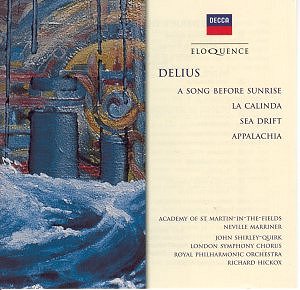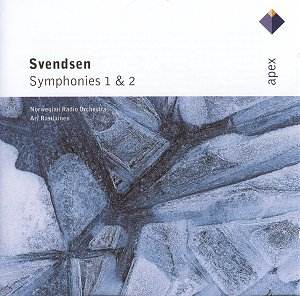 Composer: Hector Berlioz
Composer: Hector Berlioz
Works: Les nuits d’été; La mort de Cléopâtre; La captive; La belle voyageuse; Zaïde
Performers: Véronique Gens (soprano), Lyon National Opera Orchestra, Louis Langrée (conductor)
Recording: Recorded in Opéra National, Lyon on January 28th-29th, 2000 (Cléopâtre) and in Auditorium Maurice Ravel on February 1st-3rd, 2001 (other works). [DDD]
Label: Virgin Classics VC5 45422-2
Hector Berlioz, a composer whose unique voice oscillated between the romantic and the revolutionary, has long been celebrated for his ability to infuse lyricism with dramatic intensity. His song cycle, Les nuits d’été, composed between 1841 and 1843, epitomizes his mastery of orchestral color and emotional nuance. The works included in this recording, alongside the poignant La mort de Cléopâtre, reflect Berlioz’s fascination with the human condition—its sorrows, loves, and existential longings—delivered through an inherently theatrical lens. Véronique Gens’s interpretation, under Louis Langrée’s keen direction, brings forth the intricacies of Berlioz’s scoring while showcasing her own vocal artistry.
Gens’s performance in Les nuits d’été stands as a modern benchmark for interpreting these songs. Her impeccable French diction allows the poetry of Théophile Gautier to resonate with clarity, while her interpretation reveals a profound understanding of Berlioz’s stylistic subtleties. The Villanelle, characterized by its joyous celebration of spring, is buoyed by Gens’s bright timbre and Langrée’s lilting tempo, embodying a sense of optimism that is both infectious and illuminating. Transitioning to Le Spectre de la rose, Gens demonstrates her vocal agility and emotional depth, navigating the complexities of the text with a seamless blend of lightness and gravity. The haunting line “j’arrive de Paradis,” is delivered with a floating quality that captures the ethereal essence of the rose’s spectral allure.
The darker hues of Berlioz’s emotional palette are vividly portrayed in “Sur les lagunes,” where Gens darkens her tone to evoke an unmistakable sense of loss. Her heartfelt cries of “Ah!” resonate with visceral authenticity, underscoring the song’s themes of mourning and longing. Langrée’s orchestral accompaniment enhances this atmosphere, with the Lyon National Opera Orchestra’s strings articulating upward surges that mirror the emotional trajectory of the piece. The recording’s engineering, managed by Pierre-Antoine Signoret, captures these nuances beautifully, allowing the listener to appreciate the interplay of voice and orchestra in striking detail.
La mort de Cléopâtre serves as a compelling centerpiece in this collection, revealing Berlioz’s dramatic prowess in a work that predates Les Troyens by a significant margin. Gens’s portrayal of Cleopatra is multifaceted; she navigates the protagonist’s journey from pride to despair with remarkable depth. The orchestral introduction, marked by its sumptuous scoring, sets a tone of impending tragedy that Gens embodies with every syllable. Her recollection of triumph on the Cydnus is imbued with a poignant sense of nostalgia, while her evocation of eternal night prior to the Méditation remains an indelible moment, fraught with emotion.
The three concluding songs—La captive, La belle voyageuse, and Zaïde—are far from mere afterthoughts. Gens’s interpretation of La captive, with its haunting stillness and the delicate interplay of silence, evokes a profound sense of beauty and introspection. The spirited La belle voyageuse stands in delightful contrast, showcasing Gens’s bright agility and the orchestra’s vibrant colors. Zaïde, with its Spanish inflections and castanet embellishments, brings a lively and varied emotional palette, concluding the disc on an uplifting note.
This recording of Berlioz’s songs is not merely a collection; it is an insightful exploration of the composer’s complex emotional landscape. Gens’s artistry, coupled with Langrée’s sensitive conducting and the orchestra’s refined playing, positions this recording among the finest interpretations of Berlioz’s vocal works. It stands not only as a testament to Gens’s vocal prowess but also as an essential listening experience for anyone seeking to understand the depth and breadth of Berlioz’s artistic vision.



